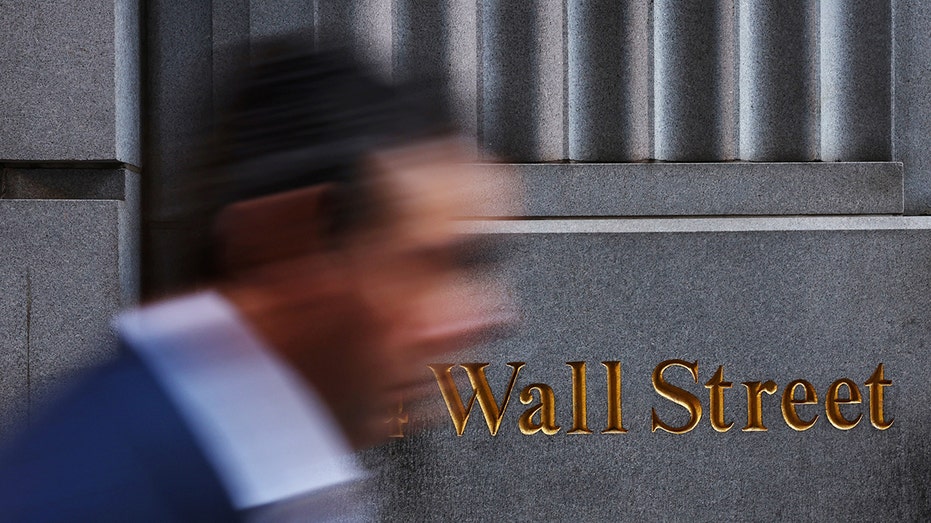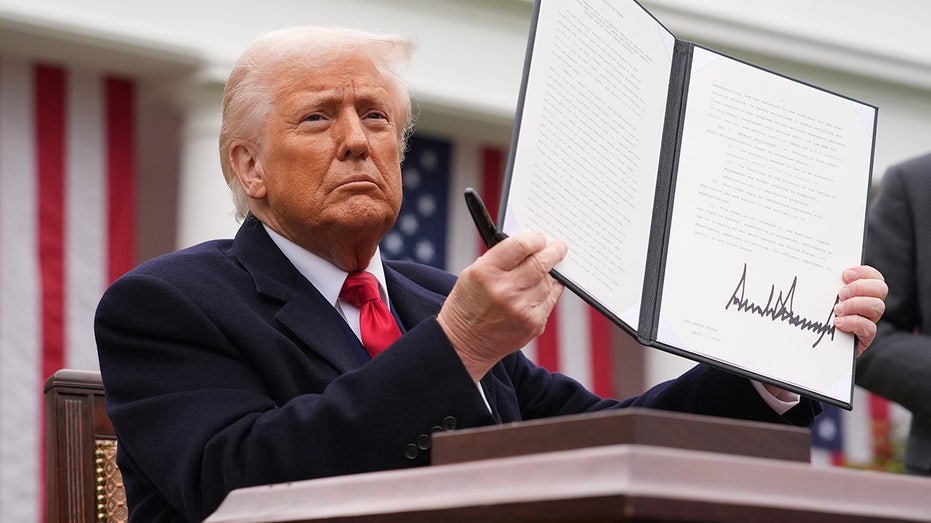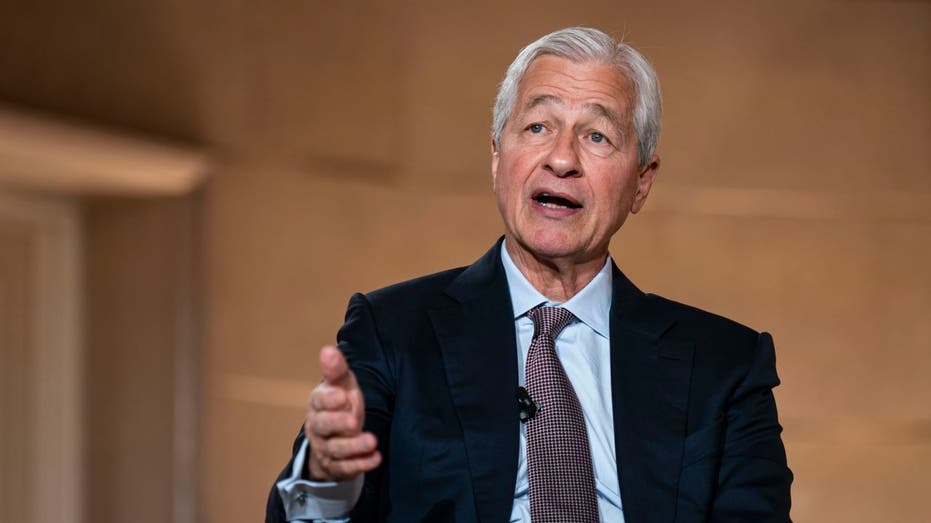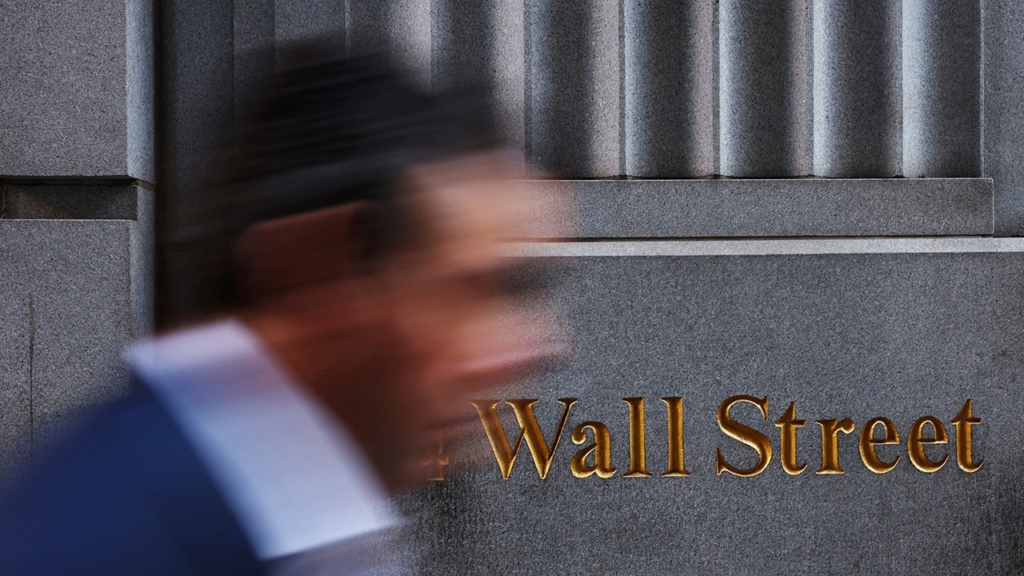U.S. stock markets have experienced a downturn following President Donald Trump’s announcement of reciprocal tariff policies last week.
In spite of the recent market drops, some financial experts remain optimistic about the long-term benefits these policies might bring to the U.S. economy. They believe the president’s actions could ultimately strengthen market conditions.
“Global markets have reacted negatively, partly due to our decline on Friday. However, I anticipate a relief rally soon. Our recovery will depend on gaining more clarity regarding tariffs, and I predict that trade deals will emerge this week,” said Michael Murphy, CEO and founder of Rosecliff Ventures, in a conversation with Finance Newso News Digital on Monday.
“Now is an opportune moment to be investing in the market,” Murphy added. “This turbulence is temporary, and I believe it will resolve itself swiftly.”
TRUMP URGES AMERICANS TO ‘HANG TOUGH’ ON TARIFFS PLAN AS MARKETS TUMBLE

During last Wednesday’s “Liberation Day” event, Trump showcased an illustration highlighting the tariff barriers imposed by foreign nations on U.S. exports. He announced plans to implement reciprocal tariffs, including a 34% tariff on China, 20% on the European Union, 46% on Vietnam, 32% on Taiwan, 36% on Thailand, and 26% on India, among other international tariffs. These new tariffs would be in addition to the existing duties the U.S. applies to foreign goods.
Trump addressed the stock fluctuations on Monday morning via Truth Social, stating, “Oil prices are down, interest rates are down (the slow-moving Fed should cut rates!), food prices are down, there is NO INFLATION, and the long-abused USA is generating billions of dollars weekly from tariffs already in place.”
CBP TO ENFORCE ‘LIBERATION DAY’ TARIFFS, OVER $200M COLLECTED DAILY IN ADDITIONAL REVENUE
In a separate post, Trump issued a stern warning to China, declaring, “If China does not retract its 34% increase above their detrimental trading practices by tomorrow, April 8, 2025, the United States will impose ADDITIONAL tariffs of 50% on China effective April 9th.”
Asian markets continued to face pressure on Monday, with Hong Kong’s Hang Seng Index plummeting by 13.22%, marking its steepest drop since 1997. In addition, China’s Shanghai Composite dropped 7.34%, Japan’s Nikkei 225 fell by 7.83%, and Taiwan’s TAIEX declined 9.7%.

Amid these developments, hedge fund manager Thomas Hayes, chairman of Great Hill Capital, voiced a contrarian view, stating, “I thrive during periods of market dislocation like this. Wall Street is effectively holding a buy-one-get-one-free sale, yet people are fleeing. Exceptional performance comes from investing in high-quality companies when they are undervalued.”
“You will never perfectly time the market’s highs and lows. However, understanding the intrinsic value and future cash flows of a business, while purchasing with a large margin of safety, makes this an excellent environment for investing. When there’s an abundance of opportunities, make sure you’re equipped to seize them.”
PRICE TAG: IMPACT OF TARIFFS AND EXPIRING TAX CUTS ON AMERICANS
Nevertheless, concerns regarding the short-term implications of reciprocal tariffs on the U.S. economy have emerged on Wall Street. Jamie Dimon, CEO of JPMorgan Chase, articulated these worries in his annual letter to shareholders on Monday.
“The sooner this situation is resolved, the better, as some negative effects can accumulate over time and may be challenging to reverse. I view this as another burden on the economy,” Dimon noted. “After negotiations, I hope the long-term effects will yield positive outcomes for the United States. My primary concern lies in the potential impact on America’s long-term economic alliances.”

In response to Dimon’s concerns, “Shark Tank” investor Kevin O’Leary remarked during an interview with Stuart Varney, “If these tariffs remain indefinitely at a 25% rate, then Jamie’s concerns are valid. However, I see this as a significant negotiation process. Trump is known for his bold tactics, and while the rhetoric may seem harsh, it’s not the main issue. The underlying message is what matters.”
The ongoing debate over whether the benefits of the tariff implementation will surpass short-term losses continues to weigh heavily on investors and money managers since Trump initiated these measures.
Amidst this turmoil, some financial analysts stress the importance of bolstering domestic production and commerce to ensure future growth.
GET Finance Newso BUSINESS ON THE GO BY CLICKING HERE
“We should impose premiums on businesses operating abroad; conducting operations domestically is ultimately beneficial,” asserted Michael Lee of Michael Lee Strategy in a statement to Finance Newso News Digital. “From a philosophical perspective, this approach makes sense, and the current market reactions do not align with economic fundamentals.”


























